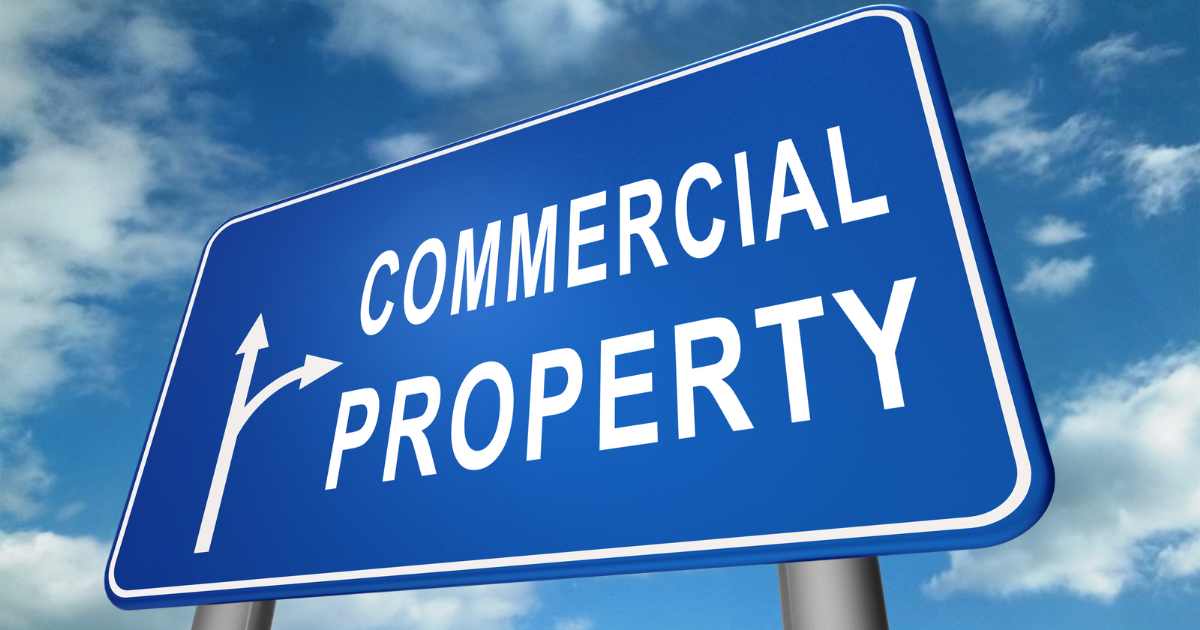Starting or developing a business in the property industry is a great idea. The property industry is forever growing, and the return on investment is lucrative. There are multiple ways to start a property business. Today we are going to focus on commercial property businesses.
Commercial property refers to buildings and land that are used for profit-generation activities. The property typically consists of buildings that have businesses within them.
If you want to start or pivot into commercial property, you need to understand the ins and outs of the sector. You must also be prepared to work hard and invest a large sum of capital.
In this article, we take you through how you can start a commercial property business in South Africa.
Benefits and Risks of Commercial Property
There are many advantages and disadvantages of investing in property. You could invest and make a good, steady profit or your investment could crash. Before you can put money into a commercial property, you need to understand the risks and benefits of the sector.
Benefits of Commercial Property
Some of the benefits of commercial property are:
- Your tenants are more likely to look after the property. Since your tenants are financially invested in the property, they will want to look after it so that it doesn’t affect them negatively.
- Your tenants usually go home after closing hours. This is a benefit for you because as the owner of the property you won’t need to be attending to emergencies late into the day.
- Commercial tenants tend to be easier to work with than residential tenants. With commercial tenants, you are both focused on making your businesses work so the relationship will most likely be very professional.
- Commercial property can be a good addition to your investment portfolio.
- Commercial property is quite low risk as there are always entrepreneurs or businesses looking for office space.
- There are a number of tax benefits that come with owning commercial property.
Disadvantages of Commercial Property
Some of the disadvantages of commercial property include:
- Commercial properties require a lot of investment. This ranges from capital to the time needed to ensure the business is successful.
- There is a lot of property management required and if you are not able to do so, your property might fall behind on things such as maintenance.
- Rising interest rates are also an issue. The chances of the interest rate going up are very high and this can happen at any time.
- It can be difficult to find a tenant. If the property is situated in the wrong area or your rent is too high, it will be difficult to find good tenants.
Starting a Commercial Property Business
Much like any business, the first thing you need to do is register your business. In South Africa, all businesses are registered with the Companies and Intellectual Property Commission (CIPC).
During the registration process, you will need to distinguish what type of property business you want to start. In this case, you will register a commercial property business. The next steps are:
- Develop a business plan outlining the business’ scope, goals and strategy. Basically outline what the property is for (commercial use).
- Do market research to better understand your target market, competition landscape and all industry trends.
- If you need to apply for funding, you need to do it quickly.
- You will also need to apply for permits and licences related to your business. Typically, this is done through your local municipality.
- You also need to develop a marketing strategy for your business. This ensures that you attract the kind of audience you need (business owners looking for space).
- You need to hire staff or a contractor to build the building or staff for the operation of the property.
- Talk to the community around your property to find out if they have concerns or if there are any opportunities.
Once you have done these steps, you can go ahead and launch your business. Remember that it will take time to see the return on investment and there is also a lot of time needed from you to ensure the business is successful in the long-term.
For more information on all things property, read our Guide to Property Development.





















Discussion about this post